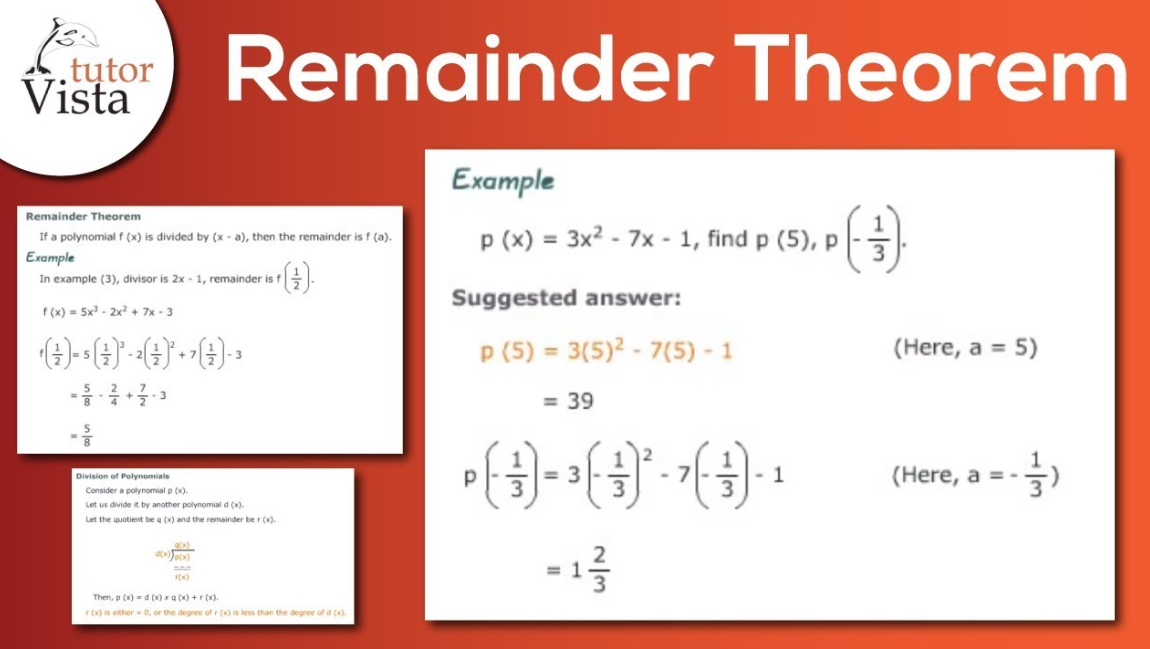Lagrange Form Of Remainder In Taylor S Theorem - F is a twice differentiable function defined on an. Lagrange's form for the remainder. In addition to giving an error estimate for approximating a function by the first few terms. Lagrange’s form of the remainder. Use taylor’s theorem to estimate the maximum error when approximating f (x) =. Nth taylor polynomial of $f$ at $a$) lagrange form.
Use taylor’s theorem to estimate the maximum error when approximating f (x) =. Nth taylor polynomial of $f$ at $a$) lagrange form. Lagrange's form for the remainder. In addition to giving an error estimate for approximating a function by the first few terms. F is a twice differentiable function defined on an. Lagrange’s form of the remainder.
Use taylor’s theorem to estimate the maximum error when approximating f (x) =. Lagrange’s form of the remainder. F is a twice differentiable function defined on an. Lagrange's form for the remainder. In addition to giving an error estimate for approximating a function by the first few terms. Nth taylor polynomial of $f$ at $a$) lagrange form.
Taylor series Lagrange Remainder explanation Mathematics Stack Exchange
Nth taylor polynomial of $f$ at $a$) lagrange form. F is a twice differentiable function defined on an. In addition to giving an error estimate for approximating a function by the first few terms. Lagrange's form for the remainder. Lagrange’s form of the remainder.
Taylor's Theorem with Remainder
Lagrange’s form of the remainder. In addition to giving an error estimate for approximating a function by the first few terms. Use taylor’s theorem to estimate the maximum error when approximating f (x) =. F is a twice differentiable function defined on an. Nth taylor polynomial of $f$ at $a$) lagrange form.
calculus Understanding Apostol's proof of the Lagrange remainder
In addition to giving an error estimate for approximating a function by the first few terms. F is a twice differentiable function defined on an. Lagrange’s form of the remainder. Nth taylor polynomial of $f$ at $a$) lagrange form. Lagrange's form for the remainder.
Remainder Theorem, Definition, Formula and Examples It Lesson Education
Lagrange’s form of the remainder. Nth taylor polynomial of $f$ at $a$) lagrange form. F is a twice differentiable function defined on an. Use taylor’s theorem to estimate the maximum error when approximating f (x) =. Lagrange's form for the remainder.
Lagrange Remainder Taylor Form Polynomial Triangle
Use taylor’s theorem to estimate the maximum error when approximating f (x) =. Lagrange’s form of the remainder. Nth taylor polynomial of $f$ at $a$) lagrange form. F is a twice differentiable function defined on an. Lagrange's form for the remainder.
Taylor series Lagrange Remainder explanation Mathematics Stack Exchange
In addition to giving an error estimate for approximating a function by the first few terms. F is a twice differentiable function defined on an. Lagrange’s form of the remainder. Nth taylor polynomial of $f$ at $a$) lagrange form. Use taylor’s theorem to estimate the maximum error when approximating f (x) =.
Estimates For The Remainder Taylor's Theorem PDF
F is a twice differentiable function defined on an. Use taylor’s theorem to estimate the maximum error when approximating f (x) =. In addition to giving an error estimate for approximating a function by the first few terms. Lagrange’s form of the remainder. Nth taylor polynomial of $f$ at $a$) lagrange form.
Taylor's Theorem (With Lagrange Remainder) Brilliant Math & Science
Lagrange’s form of the remainder. Use taylor’s theorem to estimate the maximum error when approximating f (x) =. In addition to giving an error estimate for approximating a function by the first few terms. F is a twice differentiable function defined on an. Nth taylor polynomial of $f$ at $a$) lagrange form.
real analysis Cauchy form of remainder theorem Mathematics Stack
Use taylor’s theorem to estimate the maximum error when approximating f (x) =. F is a twice differentiable function defined on an. Lagrange's form for the remainder. Lagrange’s form of the remainder. In addition to giving an error estimate for approximating a function by the first few terms.
real analysis Taylor’s theorem with the Lagrange form of the
Nth taylor polynomial of $f$ at $a$) lagrange form. Lagrange’s form of the remainder. Lagrange's form for the remainder. F is a twice differentiable function defined on an. Use taylor’s theorem to estimate the maximum error when approximating f (x) =.
In Addition To Giving An Error Estimate For Approximating A Function By The First Few Terms.
Lagrange's form for the remainder. F is a twice differentiable function defined on an. Lagrange’s form of the remainder. Use taylor’s theorem to estimate the maximum error when approximating f (x) =.









